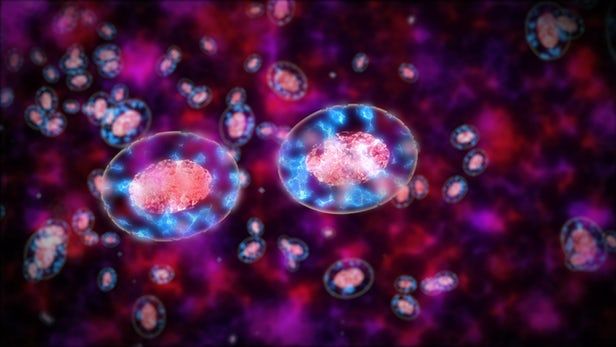
Today, the application of engineering methodologies to the rational modification of organisms is a persistent goal of synthetic biology. Most synthetic biologists describe biological engineering as a hierarchy, wherein parts (genes, DNA) are used to build devices (many genes together), which in turn can be used to construct systems (a series of many devices). The challenge in transforming synthetic biology into a true engineering discipline is that the parts, which are the rudimentary building blocks of higher-order constructions, are fundamentally limited by the rigor of their characterization. This is really the case in all established engineering disciplines. In electrical engineering, for instance, the baseline components (transistors, resistors, wires, etc.) have been characterized so well that children can use them and the resulting circuits behave as expected. Once all ‘parts’ are standardized, it may be possible for synthetic biologists to use individual DNA building blocks to construct entirely synthetic life forms from the bottom-up.
Read more

















